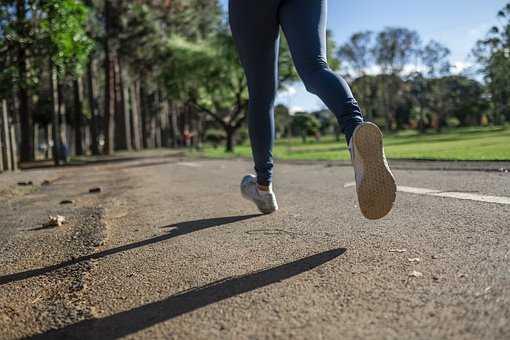People with eating disorders likelier to get hooked on exercise | Eating disorders
Curated from: amp.theguardian.com
Ideas, facts & insights covering these topics:
2 ideas
·976 reads
8
Explore the World's Best Ideas
Join today and uncover 100+ curated journeys from 50+ topics. Unlock access to our mobile app with extensive features.
Eating disorders and exercise addiction
Research shows that people with an eating disorder are nearly four times as likely to become addicted to exercise.
Exercise addiction is defined as an obsessive approach to fitness that could harm someone's health and social life.
41
574 reads
A healthy relationship with food
Exercise addiction could be more likely in those with eating disorders because of a fear of gaining weight.
People with eating disorders have a higher risk of mortality. It is then important for people to develop a healthy relationship with food. Much of the information available is unhealthy, such as starving yourself for a few days or going on a juice diet.
34
402 reads
IDEAS CURATED BY
Juliana L.'s ideas are part of this journey:
Learn more about health with this collection
How to set boundaries to protect your energy
How to cultivate positive energy
Why rest and recovery are important
Related collections
Similar ideas
Read & Learn
20x Faster
without
deepstash
with
deepstash
with
deepstash
Personalized microlearning
—
100+ Learning Journeys
—
Access to 200,000+ ideas
—
Access to the mobile app
—
Unlimited idea saving
—
—
Unlimited history
—
—
Unlimited listening to ideas
—
—
Downloading & offline access
—
—
Supercharge your mind with one idea per day
Enter your email and spend 1 minute every day to learn something new.
I agree to receive email updates

